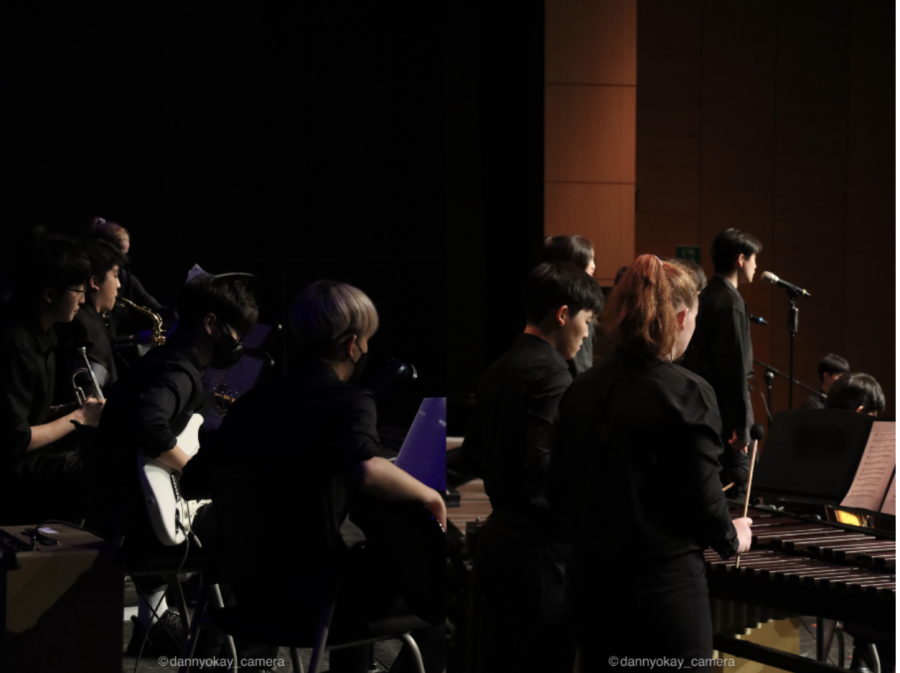You may notice how most companies, organizations and even the smallest groups embody timetables to their systems. The reason is that a schedule establishes a sense of structure that helps organize workload and increases efficiency in carrying out different tasks (White, 2022). Timetables are especially requisite for the larger institutions with diverse members, because they allow efficient management of resources and activities for each individual accordingly.
In terms of school settings, timetables are crucial for both faculty and students. However, unlike many company employees that construct their own schedules, students follow a shared schedule for all school members to access. A comprehensive schedule benefits students in their self-management and organization, and its accessibility benefits teachers in allocating suitable times and preparing their classes.
On August 2, 2023, the Upper School office informed the Chadwick community about the new 2023-2024 schedule (fig. 1). Some observable differences to previous years’ timetables included earlier first blocks, shorter breaks, and later lunches. However, among the many new changes, one stood out the most to students: the 80-minute-long classes. This was an extra 5-minute increase to the previous 75-minute-long class structure, and most students doubted the effectiveness of the decision.
Since the announcement, two months have passed, and many initial responses have altered. To dive into different perspectives on the schedule, Junwoo Lee, a sophomore at the Bell Tower Magazine, interviewed community members about their past experiences and perspectives.
“What noticeable changes have you experienced with the new schedule compared to previous years?”
“I noticed that compared to middle school classes, high school classes incorporated more lesson materials and assigned more projects. I don’t know if this difference resulted from longer classes or my transition to upper school. ” (Jaden Min, G9)
“One noticeable change was my dwindled concentration in classes due to longer classes and shorter breaks.” (Sihyun Baek, G10)
“One noticeable change was an increased number of in-depth discussions and engagement in class, which allowed students to develop a deeper understanding of the material.” (Aiden Choi, G11)
“What do you like and dislike about the new schedule?”
“I didn’t appreciate the tight transition break of 5 minutes, where I was continuously anxious if I was late for my next class.” (Sihyun Baek, G10)
“I liked how students had more time to finish their assignments in class. I disliked how extended periods felt exhausting sometimes, especially during the afternoon.” (Aiden Choi, G11)
“I haven’t experienced any problems with the 80 minute classes. However, I disliked the subtle differences of this year’s schedule that caused me confusion. For instance, I frequently set the start and end time of classes by 5 minutes after the new schedule.” (Jason Choi, G12)
“If you could change one thing about this year’s schedule, what would it be?”
“I suggest a short 5 minute break within each 80-minute period to grant time for students to recharge their energy.” (Aiden Choi, G11)
“Taking into account my couple months of experience, I felt that 80 minute classes are too lengthy. I would return class times to 75 minutes. On a different note, I am more or less happy about this time table. I’m already used to it.” (Max Tang, G9 English teacher)
In short, most individuals reported that longer class periods did have an influence on their school lives. The main effects span from decreased focus span, increased time pressures, and greater confusion. On the other hand, some shared positive accounts of longer classes, such as deeper discussions and more time to accomplish tasks.
All in all, the time schedule for this year is resolute. Timetables in the years to come will change, meaning that the efficacious aspects can continue, while the inconvenient aspects can be exempt. Hopefully, next year’s schedule will manage to incorporate positive aspects from our past timetables and continue to aid students’ learning at Chadwick International.















